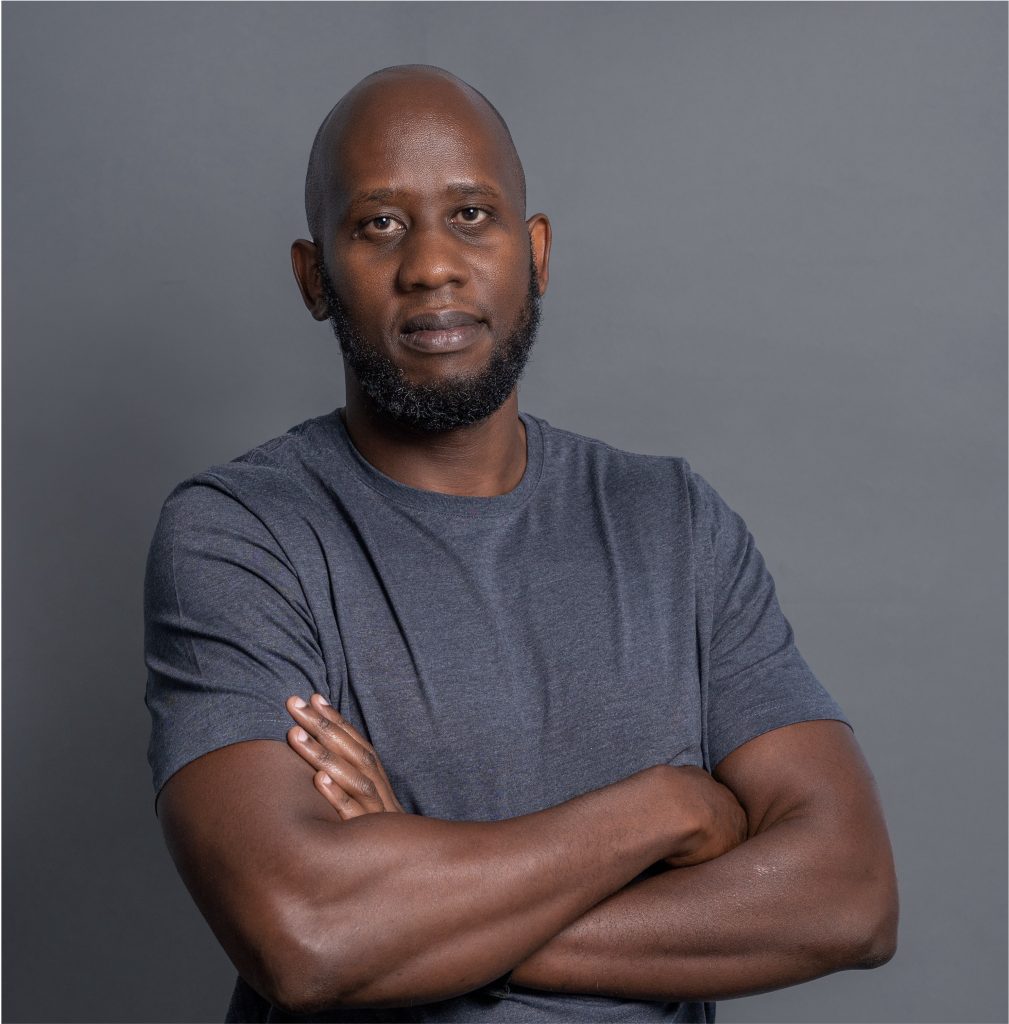By Peter Nalika
As technology develops, Africa faces an important moment where there are plenty of possibilities. These possibilities are hindered by a lack of access to money, infrastructure and special online resources. Still, there is one key change that could make the situation fair and encourage huge innovation in Africa: open source.
Since open-source technologies let people inspect, modify, and enhance the software code. They provide much more flexibility than conventional software systems. Open source technologies open opportunities for everyone to develop and invent. They let people find afordable answers, and form the basis for a green future. For Africa, using open-source tools is not a personal choice; it is essential for reaching important objectives.

Breaking the Cost Barrier
Cost is one of the biggest problems that affect African tech startups, governments, and schools. Licensed Software that often costs a lot, has strict rules, and often keeps users from switching vendors. A lot of people find these costs too expensive and difficult to afford. Still, open-source options give you similar or better features without charging you anything.
Take Linux, for instance. Linux, which is an open-source system, helps manage devices from smartphones to the biggest servers. Many universities, startups, and research centres in Africa use it because it is free. Similarly, content management systems such as WordPress and Drupal let small media houses and e-commerce businesses create websites while keeping costs low. Removing licensing fees opens up money for organizations with little budget to invest in the local community, R&D and improving operations, helping them grow faster.
Enabling Localised Innovation
Being so diverse is both a strength and a major challenge for Africa. Languages, cultures, economic situations, and social needs differ significantly from one region to another on the continent. Local differences are often left out when companies create proprietary software mainly for Western users. Alternatively, with open-source software, people can modify the tools to suit their local situation.
To illustrate, the organization Ushahidi was launched in Kenya for mapping problems during the 2007-2008 post-election crisis. Made by local developers to collect and display news of violence and peace, Ushahidi has now been used in more than 160 countries. The success of open source shows that local solutions created with open-source tools can have a wide impact.
Nigeria’s Open Source Community Africa [OSCA] is now a growing place where developers, designers and other professionals come together to build tools for African markets. For example, apps for farmers and financial options for those without bank accounts. Thanks to open-source platforms, African innovators can make ideas that truly benefit and come from their communities.
Fostering Collaboration and Skills Development
Collaboration is the essence of open source. It supports sharing knowledge, having others check your work, and figuring out solutions as a group. The open and community-focused values of tech match the strong community cultures present across the continent.
Through these preferred platforms, developers in Africa collaborate on worldwide projects. They pick up knowledge from people all around the globe and gain reputations that go beyond their countries. What they learn in school is useful for finding work, open opportunities and improving socioeconomic status.
Also, African nations are coming together for greater collaboration. Events like AfroPython in Brazil and Africa Code Week sponsored by SAP and UNESCO, have helped unite young coders, mentors and educators who work to improve reading and writing code using open-source practices. It is imperative that people now share knowledge and act as mentors. With Africa projected to have the biggest youth population in the world by 2050, encouraging young people to gain digital skills in open-source communities would be a key effort.
But there is a need for digital sovereignty. Since there are concerns about data privacy, surveillance, and countries relying too much on one another, digital sovereignty is now a popular topic everywhere. Open-source technologies give Africa a way to manage its digital infrastructure, rely less on foreign tech companies and keep important data safe.
Tech Partnerships for African Growth
With such platforms, governments and institutions in Africa can run, review and guard their own systems which is now essential as more digital services enter the healthcare, education, finance, and government sectors.
Rwanda, for instance, has built on open-source software to improve the way it provides government services. Open-source learning management systems were also used by South Africa’s Department of Basic Education to assist remote education during the pandemic. Following open standards, Africa can guarantee that its digital development supports all, is clear and can adapt.
To truly harness the potential of open source, Africa must move from passive adoption to proactive leadership. Governments should embed open-source principles into national ICT policies, incentivize local contributions, and invest in digital infrastructure that supports collaborative development.
Educational institutions must integrate open-source tools and methodologies into curricula, equipping the next generation with both the technical and ethical foundations of open collaboration.
Private sector players from telecoms to fintech should open up select platforms for community development, sponsor hackathons, and partner with local tech hubs to build robust ecosystems around open technologies.
Above all, African innovators must see open source not merely as a toolkit, but as a philosophy of empowerment. A philosophy that says innovation should be shared, that knowledge is most powerful when it’s open, and that the path to sustainable tech development is paved with transparency, inclusion, and collaboration.
Africa’s digital transformation journey is at a pivotal moment. While infrastructure and investment remain essential, the most catalytic force may already be in our hands. It has the power to lower barriers, inspire creativity, and unite communities across borders and languages.
If embraced fully, these technologies could usher in a new era of sustainable, inclusive, and self-reliant innovation in Africa. The question is not whether Africa can lead in the open-source movement it’s whether we will seize the moment to do so.
The time to go open is now.






